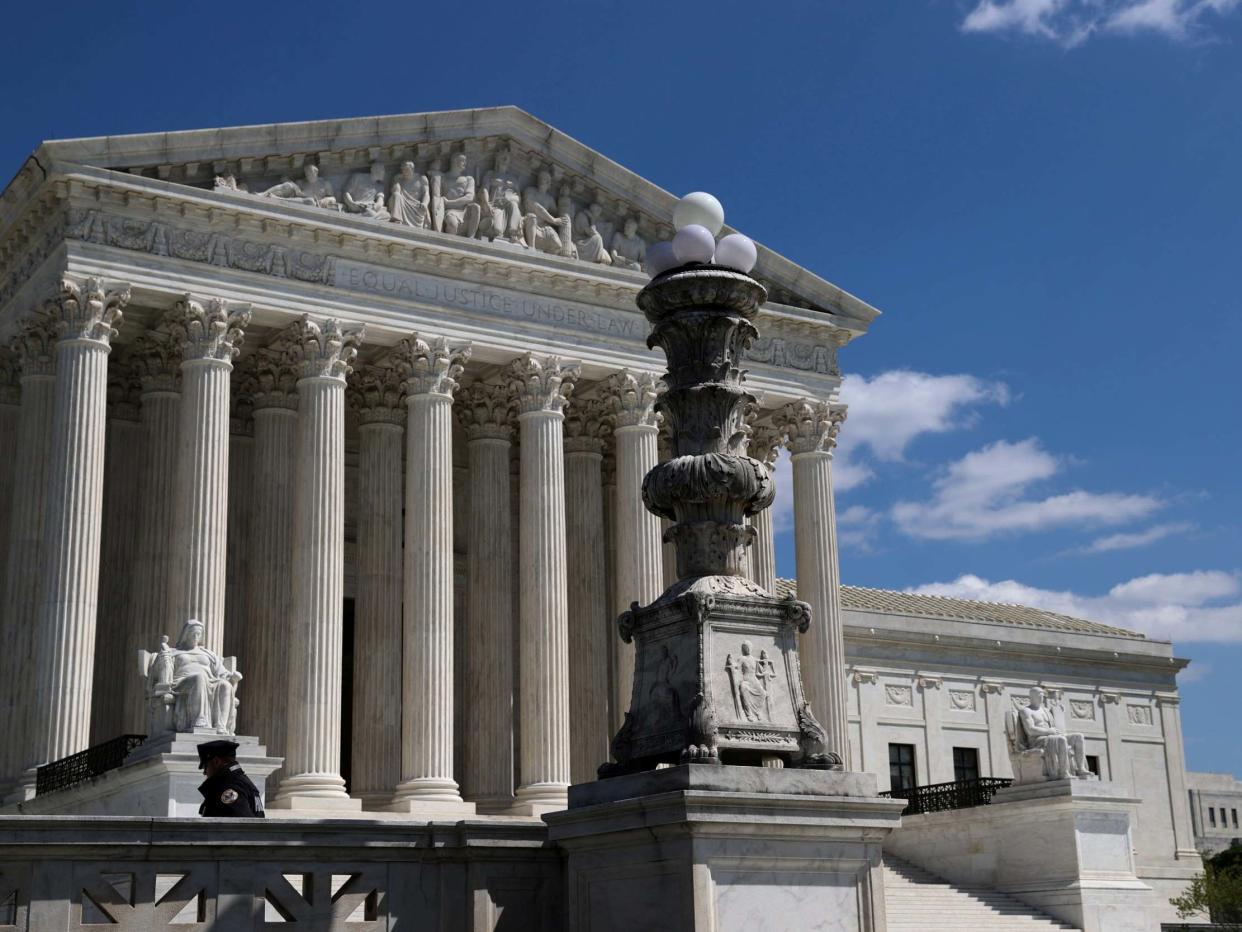'Perverse': Justice slams Supreme Court ruling allowing taxpayer money to be given to religious schools

US Supreme Court Justice Sonya Sotomayor described the court’s ruling that religious private schools cannot be barred from accessing government money available to others as “perverse”.
The Espinoza v Montana Department of Revenue ruling, which has been praised by conservatives and advocates of school choice, including Education Secretary Betsy DeVos, struck down a Montana Supreme Court ruling against a taxpayer funded scholarship program for students to attend private schools.
The fund did not distinguish between religious and non-religious schools, though most private schools are religious. The Montana court ruled that taxpayer money could not fund religious schools, under so-called ‘Blaine Amendments’ that exist in nearly 40 states, thereby ending the program.
However, the US Supreme Court ruled in a 5-4 decision on Tuesday that the lower court ruling violated the “free exercise” clause in the Constitution, which says that the government cannot discriminate against people based on religion.
Chief Justice John Roberts sided with the conservative majority — unlike recent decisions — writing that the state court had discriminated against religion.
“A state need not subsidise private education,” he wrote. “But once a state decides to do so, it cannot disqualify some private schools solely because they are religious.”
Justice Sotomayor took issue with this, and in her dissent wrote: “Today's ruling is perverse. Without any need or power to do so, the court appears to require a state to reinstate a tax credit program that the Constitution did not demand in the first place.”
The White House released a statement celebrating the decision saying that no parent should be forced to send their child to a failing school — an argument often used by school choice advocates rather than improving funding to those schools.
Secretary DeVos noted that the ruling is an opportunity for states to “seize the extraordinary opportunity to expand all education options at all schools to every single student in America”. In other words, encouraging the use of public funds in private schools.
“Your bigoted Blaine Amendments and other restrictions like them are unconstitutional, dead, and buried,” Ms DeVos said in a statement. “Too many students have been discriminated against based on their faith and have been forced to stay in schools that don’t match their values.”
President of the American Federation of Teachers, Randi Weingarten, called the ruling a “seismic shock that threatens both public education and religious liberty”.
Lily Eskelsen García, president of the National Education Association, the nation's largest union, said that for decades Ms DeVos has attacked public schools and the latest decision “narrows the bases on which states may refuse her calls to fund private religious schools”.
Last week Ms DeVos ruled that public schools should share federal coronavirus pandemic relief funds with private schools.
Read more
Chief Justice Roberts sided with liberals on abortion. It isn't enough
Supreme Court blocks controversial Louisiana abortion law
Trump asks Supreme Court to scrap Obamacare in middle of pandemic
Supreme Court blocks Trump from rescinding DACA programme
US employers cannot fire people for being gay, Supreme Court rules

 Yahoo News
Yahoo News 
